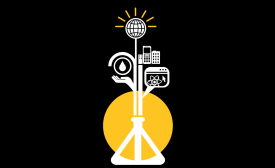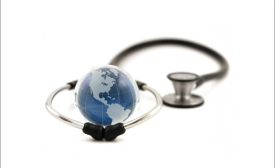science diplomacy
In my book Guerilla Diplomacy, I argue that if development is the new security in the age of globalization, then diplomacy must displace defence at the centre of international policy. If policymakers were to accept this formulation, then diplomacy, and in particular public diplomacy (PD), would be placed front and centre in international relations.
Science diplomacy (SD), a term which encompasses both the use of international scientific cooperation to advance foreign policy objectives and the use of diplomacy to achieve scientific ends, represents a critical component within the broader public diplomacy ambit. Science diplomacy is an expression of soft power.
Barely a year ago nearly 1,000 people from 80 countries gathered enthusiastically at the Palacio de Convenciones in Havana, Cuba, under the banner 'Innovating for the health of all'. More than half came from low- and middle-income countries.
Albert Einstein once said: “To raise new questions, new possibilities, to regard old questions from a new angle, requires creative imagination and marks real advances in science.”
India and the United States signed three science pacts, covering clean energy, disease surveillance and monsoon forecasting, during US president Barack Obama's Asia visit this week.
On Nov. 9, the USC Center on Public Diplomacy released a 70-page book detailing the proceedings of the Science Diplomacy conference held on Feb. 4-5, 2010.

Insights from the 2010 Science Diplomacy Conference, from sustainable development to countering disease.

The USC Center on Public Diplomacy and USC Institute for Global Health was pleased to co-host a talk by Dr. Srinath Reddy.







